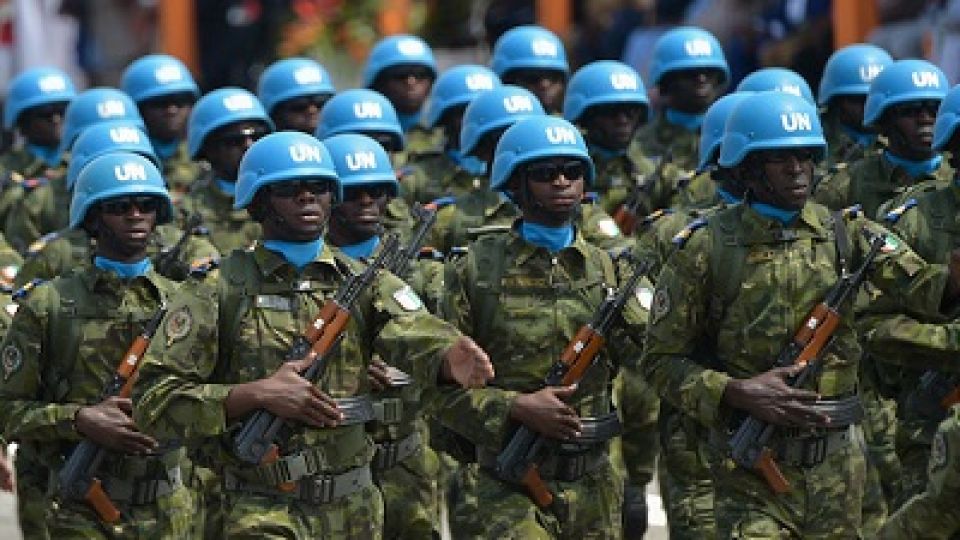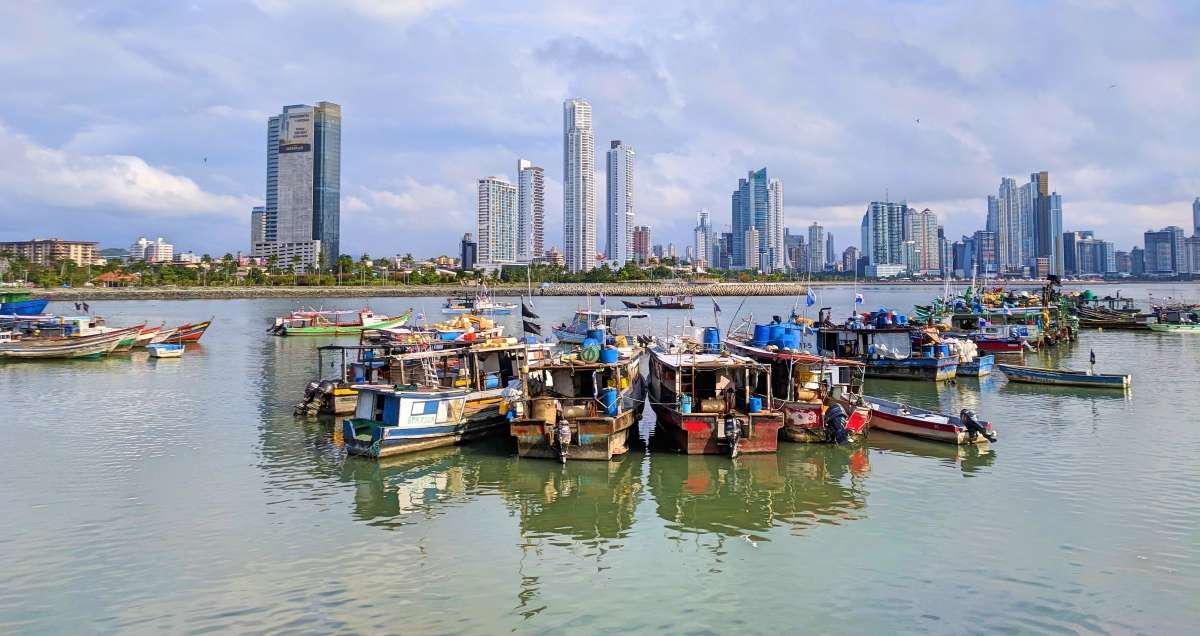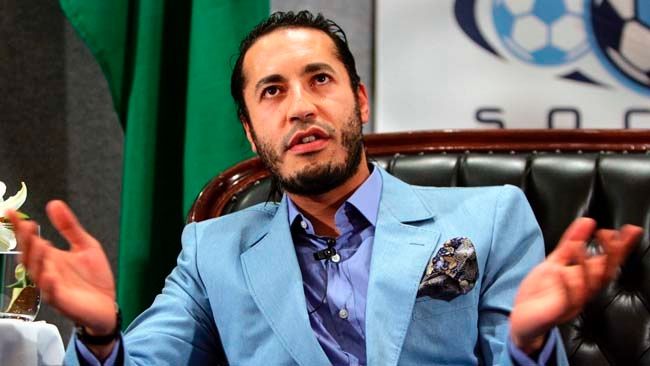The United Nations mission in Mali, known as MINUSMA, officially ended a 10-year deployment in the West African country on Monday (11 December), its spokesperson said, in a pull out ordered by Mali’s military leaders.
The United Nations Multidimensional Integrated Stabilization Mission in Mali (MINUSMA) was established in April 2013 to support political processes in the West African country that included implementation of ceasefire agreements, delivery of humanitarian assistance, and maintenance of security during a fragile transition to constitutional order. Now, the mission has lowered the UN flag in its headquarters in the capital Bamako, its spokesperson Fatoumata Kaba has said, which marks the official end of the mission. A “liquidation phase” will take place after 1 January next year, involving activities such as handing over remaining equipment to the authorities. The majority of UN peacekeeping missions are in Africa, including in the Central African Republic, Sudan and Western Sahara.
Mali’s ruling junta, which seized power in 2020, in June demanded MINUSMA’s departure, despite being in the grip of jihadist violence that has swept the country while spilling over into neighboring Burkina Faso and Niger — inflaming ethnic tensions along the way. The UN mission had for the past decade maintained around 15,000 soldiers and police in Mali, about 180 of whom have been killed in hostile acts. This comes as a top UN peacekeeping official defended the organization’s missions worldwide as concerns grow that they’ve gone into retreat as African leaders demand their withdrawal from Mali to Congo. The UN missions operate on a $5.5 billion budget, which is less than that of the New York City Police Department, even though its force is much larger, Under Secretary-General for Peace Operations, Jean-Pierre Lacroix, has said, stressing that “peacekeeping can only operate if the U.N. has the sovereign support.”



